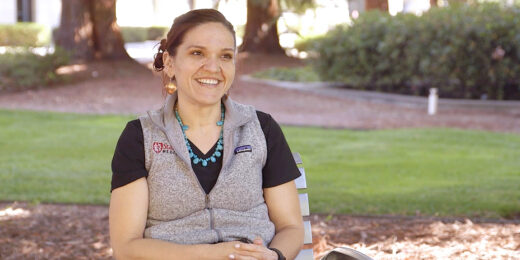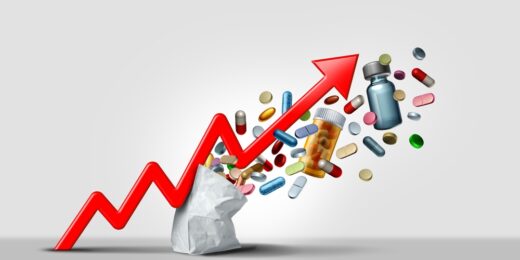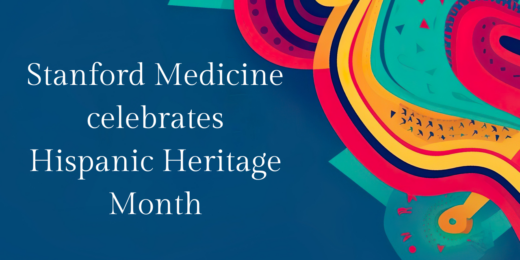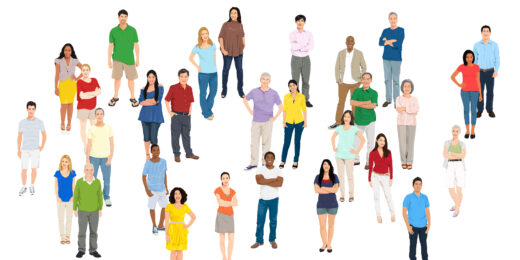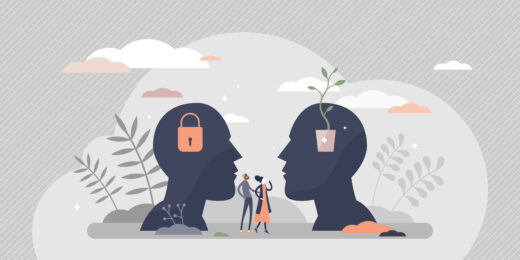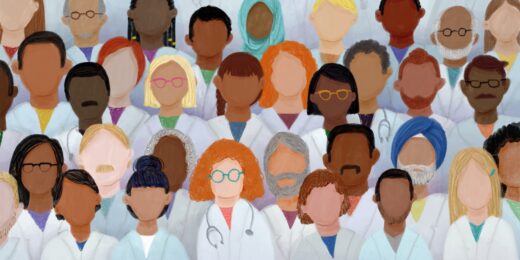Improvements in treatment technology are helping physicians deliver individualized care to their Type 1 diabetes patients.
Latest
Native American med student uses education to serve her community
Medical student Melissa Eidman speaks to her motivation to pursue medicine and how it intertwines with her Native heritage.
What is behind the legal drug crisis in the US?
The cost of branded pharmaceuticals and quality and availability of generic versions are two key issues facing the U.S. marketplace.
mRNA Nobel spotlights promise of future vaccine technology and more
Post-Nobel Prize announcement, we're spotlighting the science behind the mRNA-based COVID-19 vaccine and how it may impact medicine broadly.
What one youth mental health expert wants you to know about suicide
September is Suicide Prevention Month and mental health experts at Stanford Medicine have important information to share.
No more ‘just deal with it’: Helping teens have easier periods
Nichole Tyson, MD, has advice for young people seeking help for menstrual problems – including painful, irregular or heavy periods.
How to regulate AI? Bioethicist David Magnus on medicine’s critical moment
The applications for AI in medicine are being explored deeply at Stanford Medicine and elsewhere. Putting guardrails in place now is crucial.
What you need to know this vaccination season
Stanford Medicine infectious disease expert Anne Liu provides guidance on the RSV, flu and new COVID-19 vaccines this fall.
Celebrating Hispanic Heritage Month at Stanford Medicine
Stanford Medicine celebrates the contributions, care, and research that's by and for the Hispanic community.
How can medicine achieve more diversity in clinical trials?
Bonnie Maldonado speaks to the importance of broadening inclusivity of clinical trials to ensure treatments work for all people.
The human lipidome reveals new indicators of health, disease and aging
A new survey of an under-explored aspect of human biology uncovers the many roles of the body’s “greasy molecules.”
Scientists identify ‘Velcro-like’ molecule to potentially treat ALS
A drug created by Stanford Medicine scientists aimed at a ‘Velcro’-like protein reduces ALS symptoms and improves survival in mice.
What physicians get wrong about the risks of being overweight
Stanford medicine statistician Maya Mathur found that doctors have misconceptions about being overweight shortening lifespans.
Scientists use video games to measure the eye-brain-body connection
Stanford Medicine researchers have found a way to track vision performance and eye health through video games.
Can altering cancer ‘mindsets’ change physical outcomes?
Researchers found that a mindset intervention could improve the self-reported overall quality of life for adults undergoing cancer treatment.
Stanford Medicine making strides in advancing women leaders
Stanford Medicine is celebrating Women in Medicine month and highlighting our high rate of women in high-level roles.



